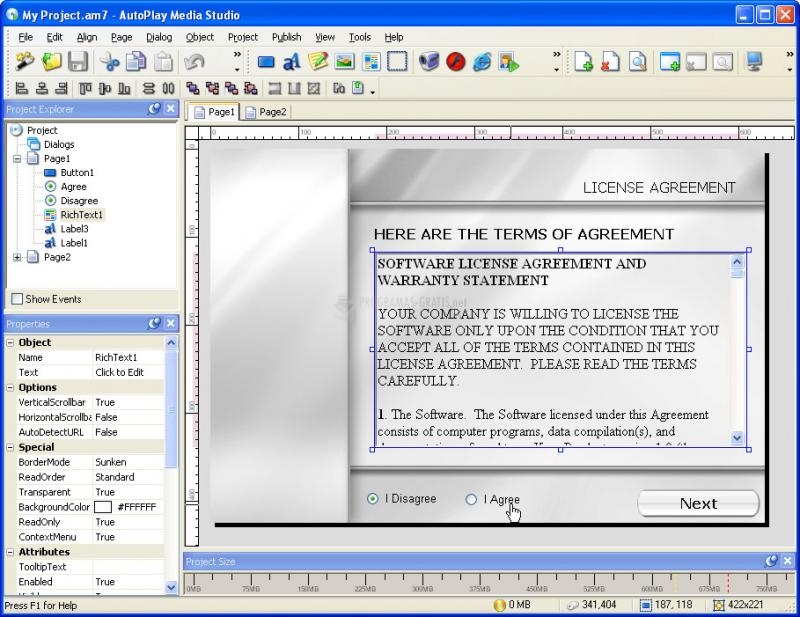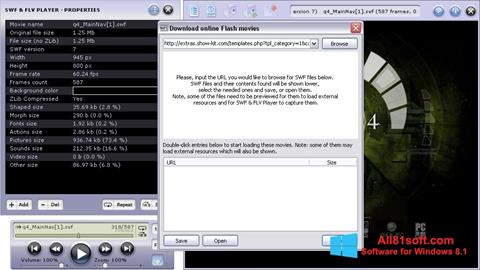

He attended the January of 2015 American Historical Association meeting in New York City and the August of 2015 Cape Cod Writer’s Conference just two weeks before he died. Samples of the conductor’s performances to make my presentations more interesting. In 2008, Zach assisted me in preparing two conference talks on Muck, in England and San Francisco, designing PowerPoint slides and adding audio In 2009, Zach and his siblings hiked with me through the site of Karl Muck’s internment camp in Oglethorpe, Georgia, and, in December of 2014, our family traveled Down East to find Muck’s summer cottage in Seal Harbor, Maine. In 2007, he traveled with me to meet Warren Cutler, the current owner of Karl Muck’s house in Boston. He and his sisters accompanied me on research trips that became a routine part of our family vacations. Zach rebuilt my computer when it crashed and, in the midst of his own homework assignments, saved my manuscript when I was in danger of losing it. They helped in so many small and large ways. When he and his sisters, Lydia and Miranda, were quite young, they helped me print drafts of my work, standing bright eyed beneath the printer to catch the pages as they fell. He was involved throughout his brief life. It would be an understatement to say that Zach supported me throughout the research and writing phase of this project. Through this correspondence, it dawned on me that the peaceful and contented world that Karl Muck had enjoyed in Boston before the war became a very different place in 19. Each note vividly captures home-front excitement, as well as my grandfather’s experience with trench warfare in France, and together they sparked a desire on my part to learn more. I treasure the moments that I had with my precious son, who was so eager to read these interesting letters aloud to my family, particularly to my father, Philip Jr. Through this source, I had a very personal window into 1917 Boston, as military men took over the city and prepared for war. Each day, his unit marched through the city streets to the Boston Cadet Armory and encamped in tents on the lawn of the institute each night. Philip had attended Boston University and then enlisted with the 101st Engineers in 1917, training at Boston’s Wentworth Institute of Technology on Huntington Avenue, just down the road from Symphony Hall. As a boy, he found a large collection of World War I letters in a rusty basement trunk belonging to my grandfather, Philip Burrage.

Zach was a part of this project from the very beginning, and, in fact, he inspired it.

He was a talented cellist, bass vocalist, educator, and sound engineer with an enormously promising future ahead of him. Zach was a gentle-hearted, intelligent, and funny young man. This book is dedicated to my late son, Zachary Burrage-Goodwin, a twentytwo-year-old music education major at the University of South Carolina who died tragically on August 25, 2015, in a motor vehicle accident in the first week of his final year of school.

Classification: LCC ML422.M | DDC 784.2092 -dc23 LC record available at This publication is printed on acid-free paper. | World War, 1914–1918-Massachusetts-Boston. | Xenophobia-United States-History-20th century. | Germans-Massachusetts-Boston- History-20th century. 157 | Includes bibliographical references and index. Description: Rochester : University of Rochester Press, 2019. Other titles: Eastman studies in music v. Title: The Karl Muck scandal : classical music and xenophobia in World War I America / Melissa D. Hope Avenue, Rochester, NY 14620, USA and Boydell & Brewer Limited PO Box 9, Woodbridge, Suffolk IP12 3DF, UK ISBN-13: 978-1-58046-950-0 ISSN: 1071-9989 Library of Congress Cataloging-in-Publication Data Names: Burrage, Melissa D., 1962– author. First published 2019 University of Rochester Press 668 Mt. Except as permitted under current legislation, no part of this work may be photocopied, stored in a retrieval system, published, performed in public, adapted, broadcast, transmitted, recorded, or reproduced in any form or by any means, without the prior permission of the copyright owner. The author and the University of Rochester Press gratefully acknowledge generous support from the AMS 75 PAYS Endowment of the American Musicological Society, funded in part by the National Endowment for the Humanities and the Andrew W. The Karl Muck Scandal Classical Music and Xenophobia in World War I America


 0 kommentar(er)
0 kommentar(er)
